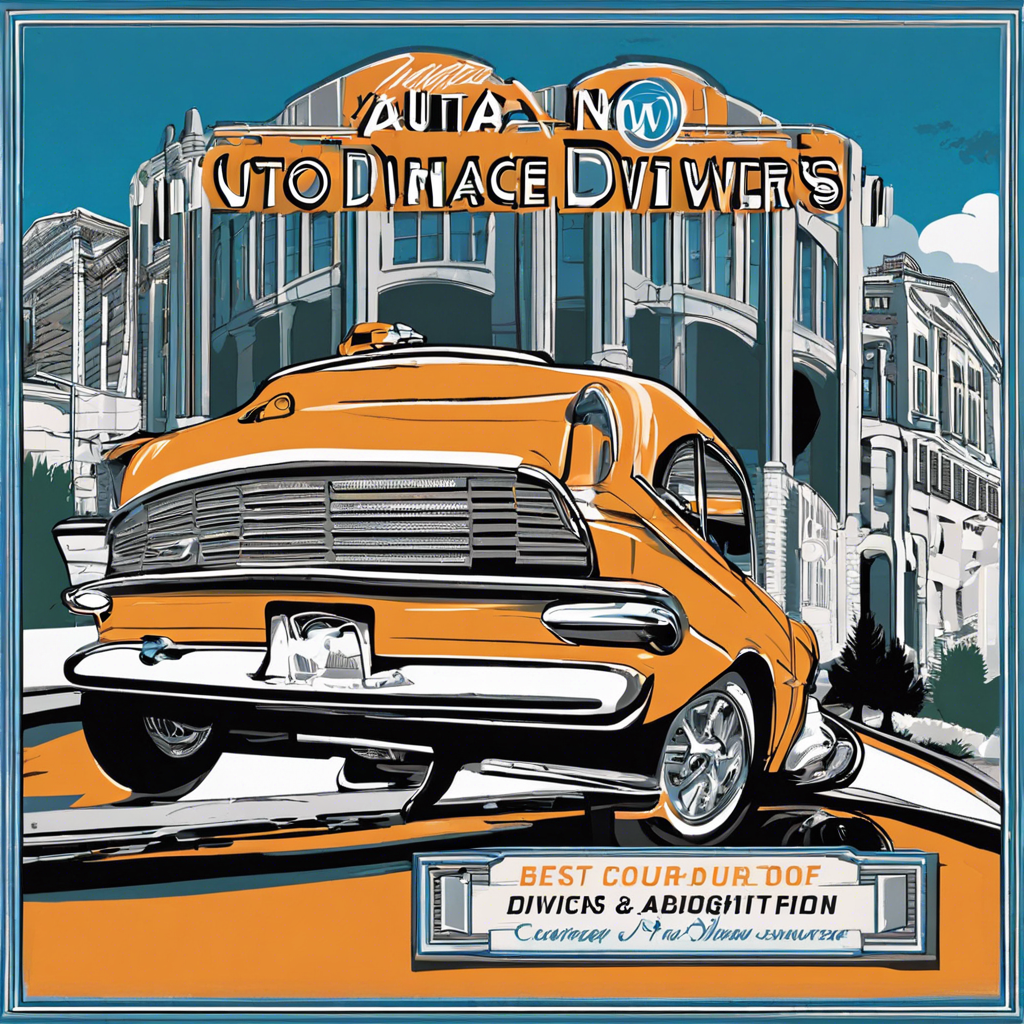# Auto Insurance for New Drivers: Navigating the Road to the Best Coverage
As a new driver, hitting the open road is an exciting milestone. But before you embark on your journey, it’s crucial to navigate another essential aspect of driving: auto insurance. Understanding the world of car insurance can be a daunting task, especially for those just starting. This comprehensive guide will help new drivers like you make informed decisions about auto insurance, ensuring you get the best coverage while managing costs effectively.
**Understanding the Basics of Auto Insurance**
Auto insurance is a contract between you and an insurance company that provides financial protection against potential road mishaps. It’s not just a legal requirement in most places, but also a safety net for drivers, passengers, and other motorists. The primary purpose is to safeguard you from financial loss in case of accidents, theft, or damage.
## Types of Auto Insurance Coverage
When it comes to auto insurance, several types of coverage exist, each serving a specific purpose:
1. **Liability Coverage:** This is the most basic and essential type of car insurance. It covers the expenses if you’re at fault in an accident, including injuries to others and damage to their property. Liability coverage is typically divided into bodily injury liability and property damage liability.
2. **Collision Coverage:** This type of coverage pays for the repair or replacement of your vehicle if it’s damaged in a collision, regardless of who’s at fault. It’s particularly valuable for new or expensive cars.
3. **Comprehensive Coverage:** Comprehensive insurance covers damage to your car from incidents other than collisions, such as theft, vandalism, fire, or natural disasters. It’s a comprehensive cover that ensures you’re protected against a wide range of risks.
4. **Medical Payments Coverage:** This covers the medical bills for you and your passengers if injured in an accident, regardless of who is at fault.
5. **Uninsured/Underinsured Motorist Coverage:** Protects you if involved in an accident with a driver who has insufficient or no insurance. It covers your medical expenses and sometimes property damage.
**Key Factors to Consider for New Drivers**
As a new driver, several insurance considerations come into play:
– **Age and Driving Experience:** Younger drivers often face higher premiums due to their lack of driving experience. Insurance companies view this as a higher risk, which can impact your rates.
– **Vehicle Type:** The make, model, and age of your car play a significant role in insurance premiums. Newer, sportier, or more expensive vehicles typically cost more to insure.
– **Location:** Where you live and drive can affect your insurance rates. Urban areas with higher traffic density and accident rates may have more expensive premiums than rural or suburban areas.
– **Driving Record:** Maintaining a clean driving record is essential. Tickets, accidents, or violations can increase your insurance costs significantly.
– **Credit Score:** In some regions, insurance companies use credit scores to determine rates. A good credit history can help secure better insurance premiums.
**Tips for Finding the Right Coverage at a Competitive Price**
Securing the best auto insurance deal as a new driver is achievable with some smart strategies:
1. **Shop Around:** Compare quotes from multiple insurance providers. Rates can vary significantly, so researching can help you find the best deal.
2. **Consider Higher Deductibles:** Opting for a higher deductible can lower your premium. Just ensure you can afford the deductible if you need to make a claim.
3. **Ask for Discounts:** Many insurers offer discounts for new drivers. These could include good student discounts, discounts for completing driver’s education courses, or safe driving discounts.
4. **Bundle Policies:** Combining your auto insurance with other policies, like home or renter’s insurance, can lead to significant savings.
5. **Maintain a Good Credit Score:** A solid credit history can positively impact your insurance rates, so keep an eye on your credit score.
**Building a Solid Driving Record for Lower Premiums**
One of the most effective ways for new drivers to reduce auto insurance costs is by establishing a good driving record. Here are some tips to achieve this:
– **Practice Safe Driving:** Adhering to traffic rules, avoiding speeding, and practicing defensive driving can help prevent accidents and keep your record clean.
– **Avoid Tickets:** Traffic violations can increase your insurance premiums. Always follow traffic regulations to keep your driving record spotless.
– **Consider Driver’s Education:** These courses can improve your driving skills and often result in insurance discounts.
– **Monitor Your Credit Score:** In areas where credit scores impact insurance rates, work on improving your creditworthiness.
**The Role of Technology in Insurance Savings**
Technology has found its way into the insurance industry, offering new drivers innovative ways to save money:
– **Usage-Based Insurance (UBI):** UBI programs use telematics devices or mobile apps to monitor your driving behavior. Safe drivers can earn discounts based on their driving habits.
– **Pay-as-You-Drive Insurance:** This type of insurance charges premiums based on the actual mileage driven, making it ideal for those who drive less.
– **Mobile Apps and Online Tools:** Many insurance companies offer apps and online platforms to manage your policy, file claims, and access rewards or discounts.
In conclusion, navigating the world of auto insurance as a new driver can be a straightforward process with careful planning and research. Understanding the different types of coverage, considering key factors that influence rates, and implementing cost-saving strategies will help you find the best insurance deal. Remember, building a solid driving record and taking advantage of technology-driven insurance programs can significantly reduce your premiums over time. Safe driving and happy savings!

